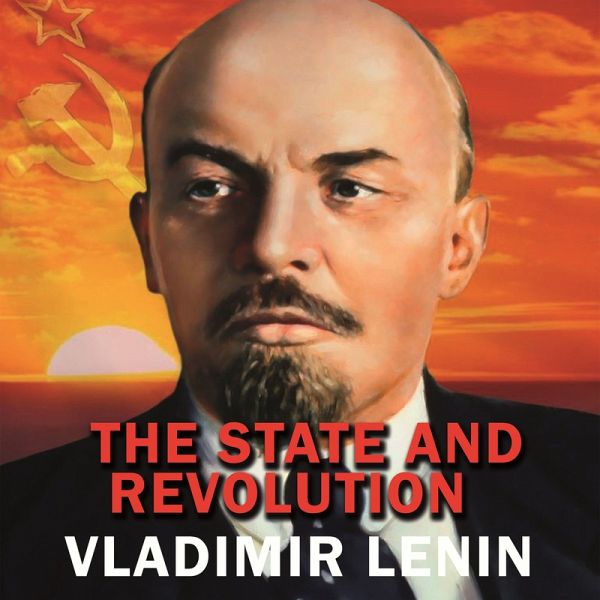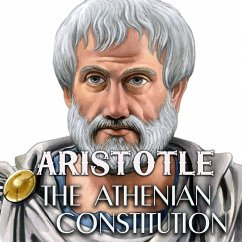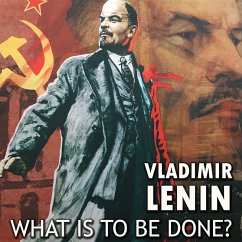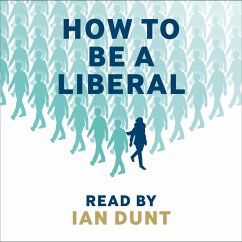
The State and Revolution (MP3-Download)
Ungekürzte Lesung. 250 Min.
Sprecher: Roberts, Andrew
Versandkostenfrei!
Sofort per Download lieferbar
2,99 €
inkl. MwSt.
Weitere Ausgaben:

PAYBACK Punkte
1 °P sammeln!
The State and Revolution (1917), by Vladimir Lenin, describes the role of the State in society, the necessity of proletarian revolution, and the theoretic inadequacies of social democracy in achieving revolution to establish the dictatorship of the proletariat. Lenin began the composition of an early draft of State and Revolution while in exile in Switzerland in 1916, under the title "Marxism on the State". "Soviets", legislative bodies of workers and peasants were the de facto governments of Petrograd and many smaller cities. The Russian public was deeply upset with the continuation of Russia...
The State and Revolution (1917), by Vladimir Lenin, describes the role of the State in society, the necessity of proletarian revolution, and the theoretic inadequacies of social democracy in achieving revolution to establish the dictatorship of the proletariat. Lenin began the composition of an early draft of State and Revolution while in exile in Switzerland in 1916, under the title "Marxism on the State". "Soviets", legislative bodies of workers and peasants were the de facto governments of Petrograd and many smaller cities. The Russian public was deeply upset with the continuation of Russia's involvement in World War One and the continued economic difficulties that it brought on. On November 7th The Congress of Soviets officially elected a coalition of Bolsheviks, Socialist Revolutionaries and Mensheviks to govern. Through the Red Guards, paramilitary organizations of revolutionary workers, sailors and soldiers; the Soviet government was able to storm The Winter Palace and officially abolishing the Provisional government. The revolution was not uniformly accepted among all Russians, resistance and disruption would occur routinely leading up to The Russian Civil War. A particular issue that Lenin covers in The State and Revolution was the right of nations to secession (The right to self determination); during the composition of this book The Mensheviks of Georgia declared independence soon after The Revolution forming The Democratic Republic of Georgia. Among other famous Marxists there were also: Georgi Plekhanov, Joseph Stalin, Leon Trotsky, Karl Marx, Friedrich Engels, Ernst Bloch, Pyotr Kropotkin, Jean-Paul Charles Aymard Sartre, Wilhelm Reich, Perry Anderson.
Dieser Download kann aus rechtlichen Gründen nur mit Rechnungsadresse in A, D ausgeliefert werden.













